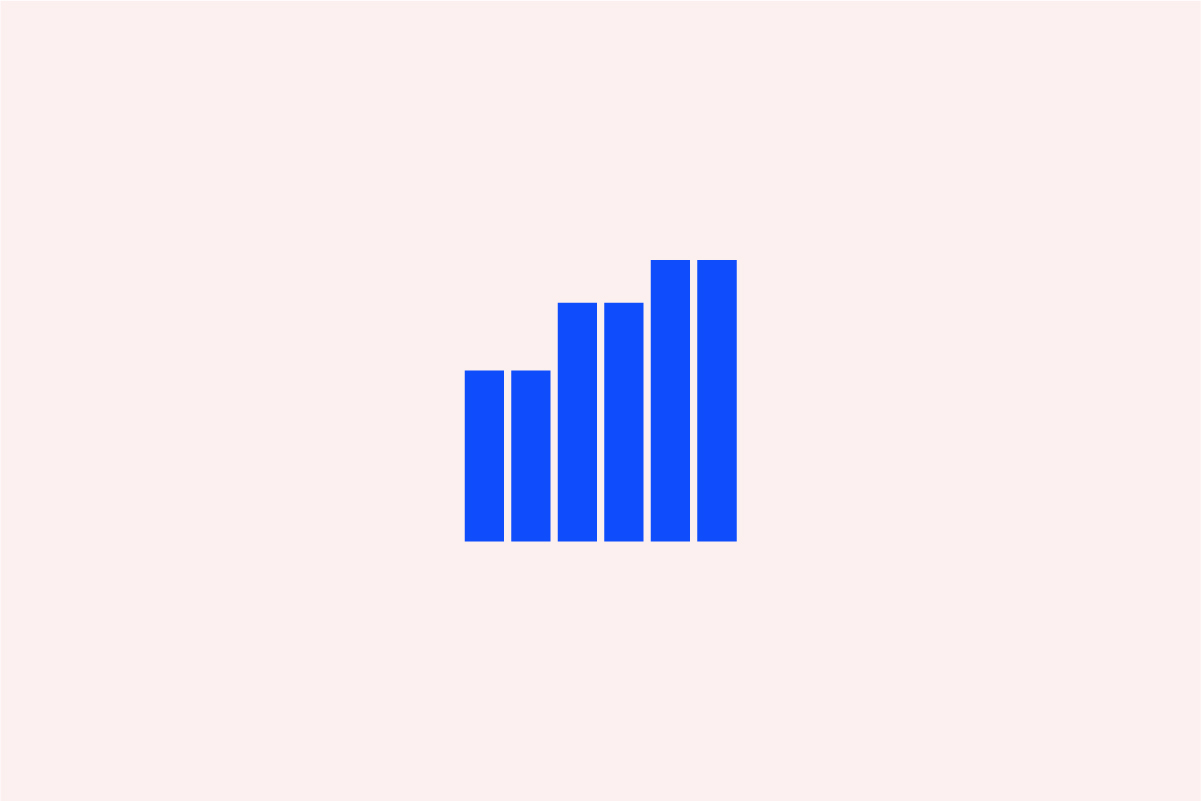BY NELSON NG
在這5年裏,有些文章可能曾經提到說,《LOST》是一個人出版的:從文字編輯、翻譯、設計、攝影、修圖、排版、校對、印刷、發行、網站、線上內容、社交媒體甚至發快遞都是一個人在做。
其實這是個誤會。
從第一期的開始,《LOST》一直都不是一個人做的。在創辦的當時,出發點就是要創造一個旅行者能分享自己個人旅行故事的平臺。每一期《LOST》的故事和照片都是來自四界各地的10多名旅行者,而並非一個人。也就是因為有10多個不同對旅行的角度和聲音,才能讓《LOST》有豐滿的內容。單獨一個作者是沒辦法寫出那麽多層面的故事或拍出那麽多美麗的照片的。《LOST》一直都是一個內容的交響曲。

另外,因為出版人(我)的母語不是中文,為了方便操作,《LOST》原本只打算出英文版,但後來因為不少朋友的幫助,他們刻苦耐勞幫忙做翻譯,雜誌才最終變成了中英雙語。翻譯的工作也特別辛苦特別長,雜誌大部分的時間其實都花在翻譯上。《LOST》能有中文的版本,完全靠這些朋友的善意和堅持。
如果沒有大家的合作和幫助,《LOST》是無法形成的。它完全不是一個人的功勞,而是很多不同人的心血累積起來的。到現在為止,每次出版新一期的《LOST》都覺得好像是一種奇跡。
其實在創辦《LOST》的過程中,除了發現到一個人的能力有限,也領悟到了合作的力量。每一本《LOST》雖然都是從出版人的家裏發出去的,但是推廣和銷售其實都是靠每個城市和地域的商店來完成的。然而,最開心的事,是在發行的過程中遇到了很多誌同道合的朋友。
其中有一位朋友,剛好在我家那條街上開了間果汁店,看到《LOST》後就提出說想合作出一本關於果農的小雜誌。這樣的主題讓我一個人做肯定做不來,但既然我的朋友是個拿手的文案,最後還是決定試一下。我和朋友一同去了鄉下,跟農夫住了幾天,記錄了當時的經歷 — 朋友用了文字,我用了相機 — 最後形成了《果簍小刊》。後來因為雙方都覺得效果不錯,也做出了第二期。
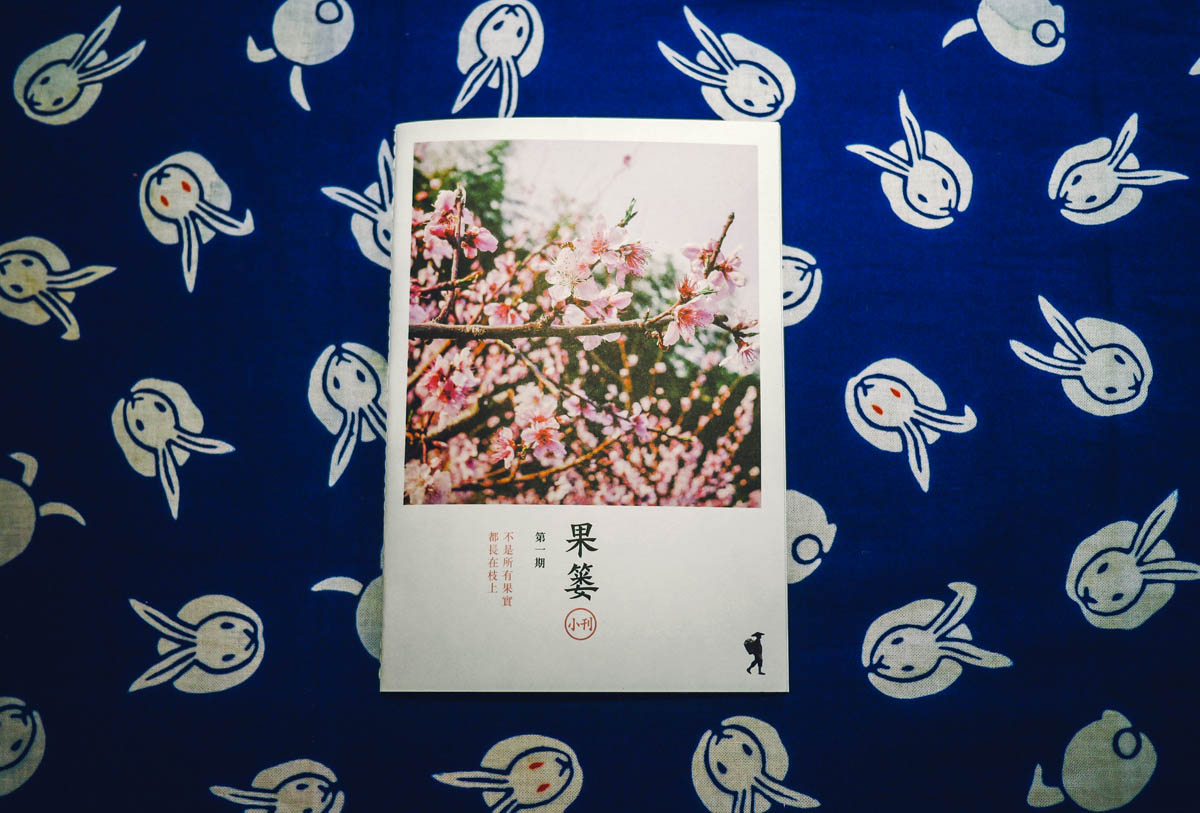
在制作《LOST》第三期的時候,我遇到了一對年輕的夫婦。他們因為很喜歡《LOST》聯系到我,想在他們空間代售《LOST》,但也提出了想合作出一本雜誌的想法。當時他們想創辦一個攝影品牌,一個能讓攝影和生活有關系的品牌,覺得一本雜誌也許能傳遞攝影背後的故事。我本身雖然經常接觸到攝影,但也不能說非常懂攝影,可是看到他們對攝影認真的態度,也最後答應了合作。就這樣,《BROWNIE》期刊誕生了,一本關於攝影怎麽改變我們生活的雜誌。後來他們在上海開了一家實體店,包含了攝影畫廊和咖啡店,之後也出版了第二期。
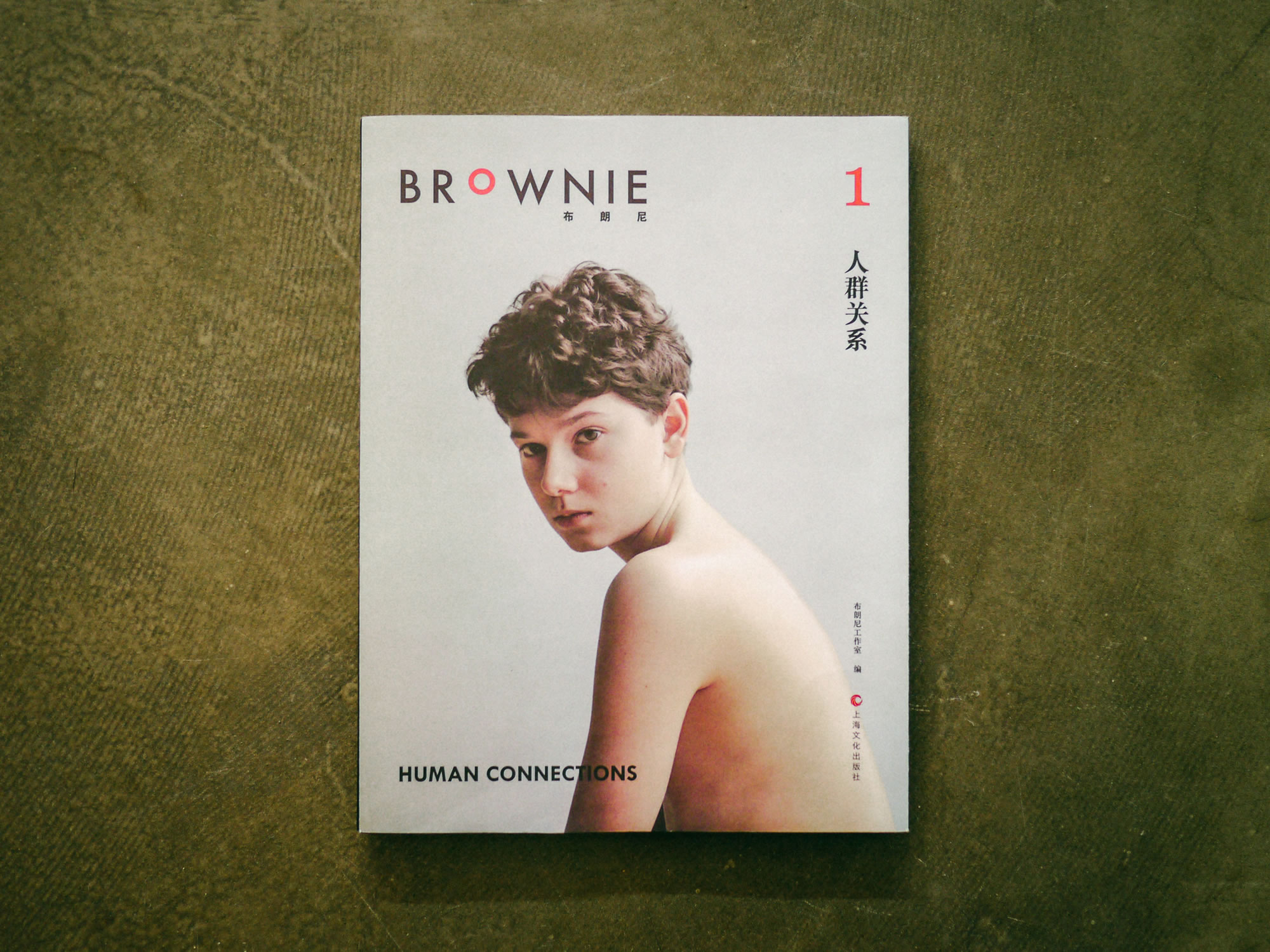
這兩次意外的合作讓我發現到合作的無限可能。一個人彈鋼琴是一種味道,但如果同時跟另一名吉他手彈,整個歌曲就會很不一樣。在出版《果簍小刊》和《BROWNIE》之前,我萬萬沒想到自己能出版這樣的刊物,但因為跟其他人合作了,連最後的成品也讓自己意外。
也因為這樣,一年前就開始計劃成立一個出版平臺,叫 volume press。它是《LOST》背後的出版工作室,同時也是一個尋找和其他人合作的出版平臺。中文叫“本聲書社”,“本聲”的意思是“書本的聲音”,指的其實是內容,也希望通過合作和出版能把作者的故事和聲音傳達出去。這其實也是回到《LOST》的最初精神,通過出版把不同人的故事分享出去。volume press 的網站今天也終於正式上線了,大家歡迎去看看:volume-press.com
回到標題,一個尋找合作的出版平臺意味著大量的工作,也意味著需要更多的幫手,也因為這個原因最近搬到新的工作室。是的,我們在尋找更多同伴,如果你對出版有興趣,喜歡書籍和雜誌,喜歡創造內容,喜歡爵士樂,喜歡吃苦,也許可以發個郵件到 volume@volume-press.com 認識一下!
目前在找的同伴:
1. 實習生
– 喜歡出版,想了解獨立出版 (其實是很苦的!)
– 能讀基本的英文,做基本的翻譯
– 一起參加書展,在活動幫忙看攤,搬貨
– 福利:無限的咖啡,免費參加工作坊,午餐
2. (中文)文案/ 編輯 (freelance)
– 能構思有趣的想法
– 能做英文到中文翻譯
– 能寫給力的標題,但也能組成動人的文章
In the past 5 years, there were a few articles (mostly in China) that described LOST as a one-man publication: from editorial to translations to design to photography to retouching to layouts to proofreading to print production to distribution to website coding and design to online content to social media to even packing boxes for delivery, which were all done by one person.
Actually, this is a misunderstanding.
From the very first issue, LOST was never completed by one person alone. Since the early stages of conception, LOST was always meant to be a platform for travellers to share their own personal travel stories. Every issue of LOST consisted of stories and photographs from 10 or more different travellers all over the world, and it was precisely these different perspectives and voices on travel that gave LOST its breadth of content. A single author alone could never have presented so many different facets of travel, let alone capture so much beautiful photography. LOST had and will always be a symphony of content.
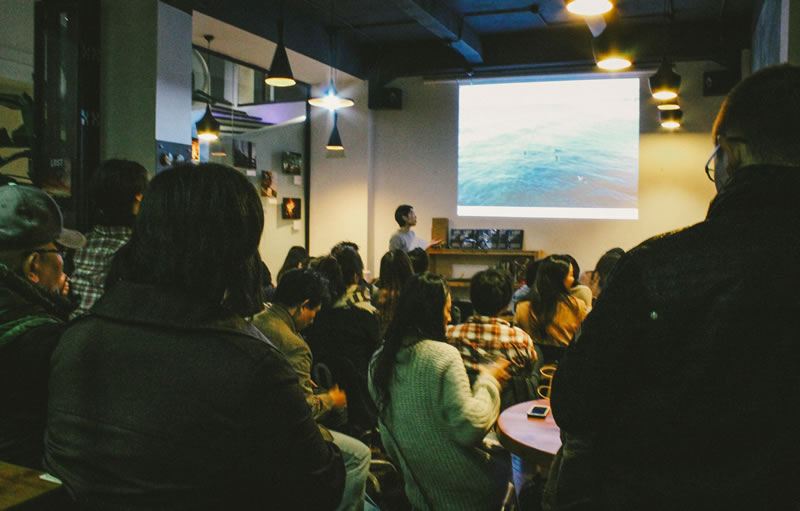
On the other hand, because my first language wasn’t Chinese, for convenience’s sake, LOST was originally intended to be in English only. But later on, thanks to the help of many good friends who worked long hours on the translations, the magazine eventually became bilingual in English and Chinese. Translation work is really not easy and it takes a really long time; a huge chunk of our publication process is actually spent on translations. The fact that LOST is able to be bilingual, and to be read and accepted by Chinese audiences, is completely due to the kindness and persistence of these friends.
Without the help and collaborative efforts of everyone involved, LOST would never have existed. It was never solely one person’s effort but the accumulation of energy and goodwill from many different people. Till this day, every new issue of LOST feels like a miracle.
While running the magazine, besides realising the limits of a single person, I’ve also learned about the power of collaboration. Even though every single copy of LOST is mailed out from our studio, we still depend very much on the shops in every city or area to promote and sell the magazine. But the happiest thing from all this is meeting like-minded friends along the process.
A friend of mine happened to open a fruit juice shop on the street that I used to live in. Of course he was happy to stock LOST in his shop, but upon seeing the magazine, he had this idea to work together on a new zine about fruit farmers. A topic like that would have been unmanageable on my own, but since my friend was a talented copywriter, and since he had an unrivalled enthusiasm for farmers, we decided to try it out. My friend and I travelled to the countryside, lived with some farmers for a few days, and documented our experiences there; my friend used the pen, while I used my camera, and eventually we published ‘Grooow’, a zine about life in the countryside. Later on, since we were both quite satisfied with the outcome, we went on to publish a second issue.
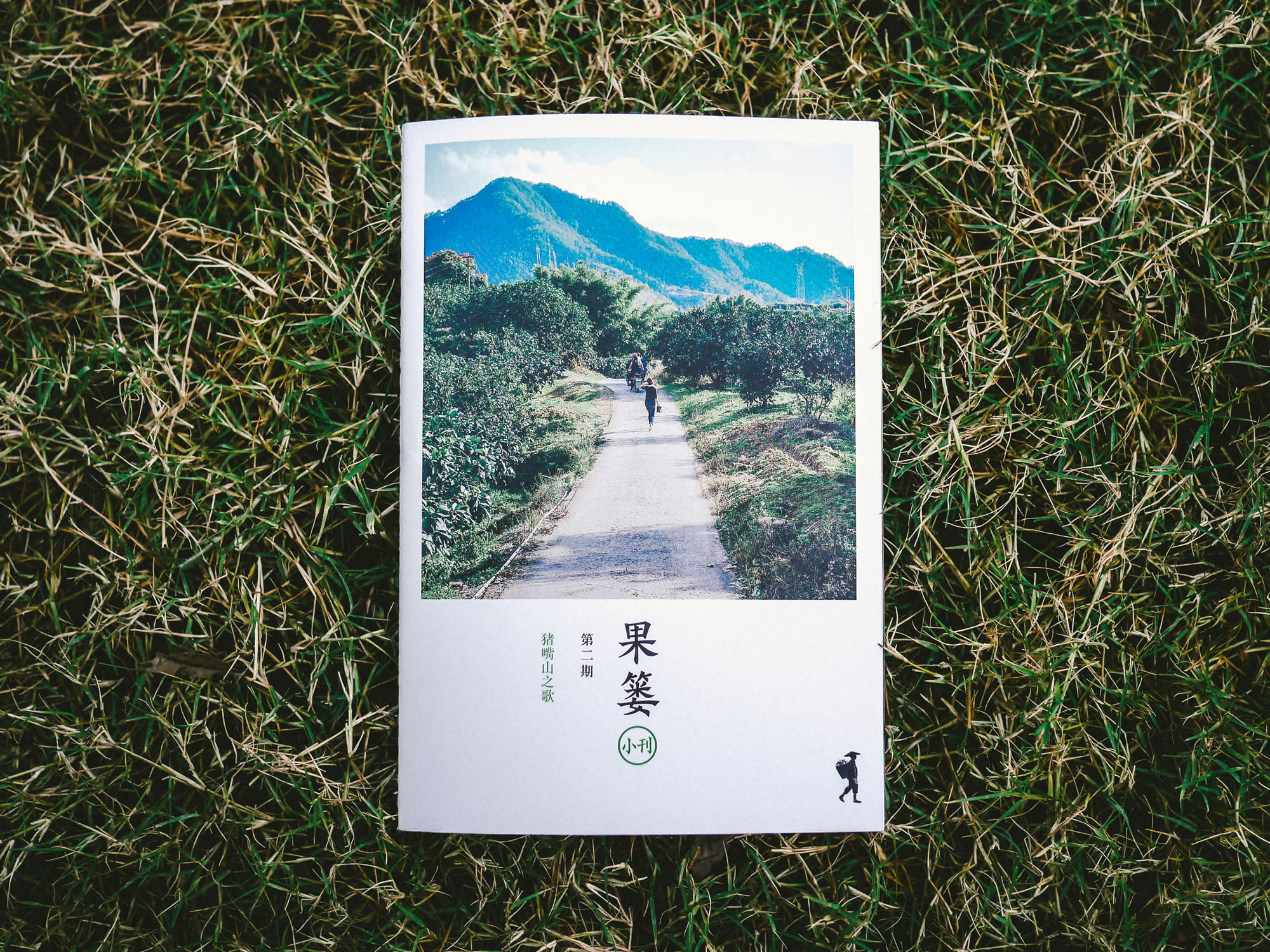
While LOST Issue Three was in the works, I met a young couple who really liked LOST and wanted to sell the magazine in their space. But they also wanted to work together with me on starting a new magazine. At the time, they were thinking of creating a photography brand, one that would let photography relate to our lives, and they felt that a magazine would help uncover stories behind the still images. Even though I was dealing with photography on a daily basis because of work, I wouldn’t claim to be an expert on photography, but I was inspired by their commitment and attitude towards photography, so I eventually decided to take it on. And just like that, we published ‘Brownie’, a magazine about how photography changes our life. Eventually the young couple went on to open a photography gallery store in Shanghai, which turned photography into a lifestyle, and we also went on to publish the second volume.
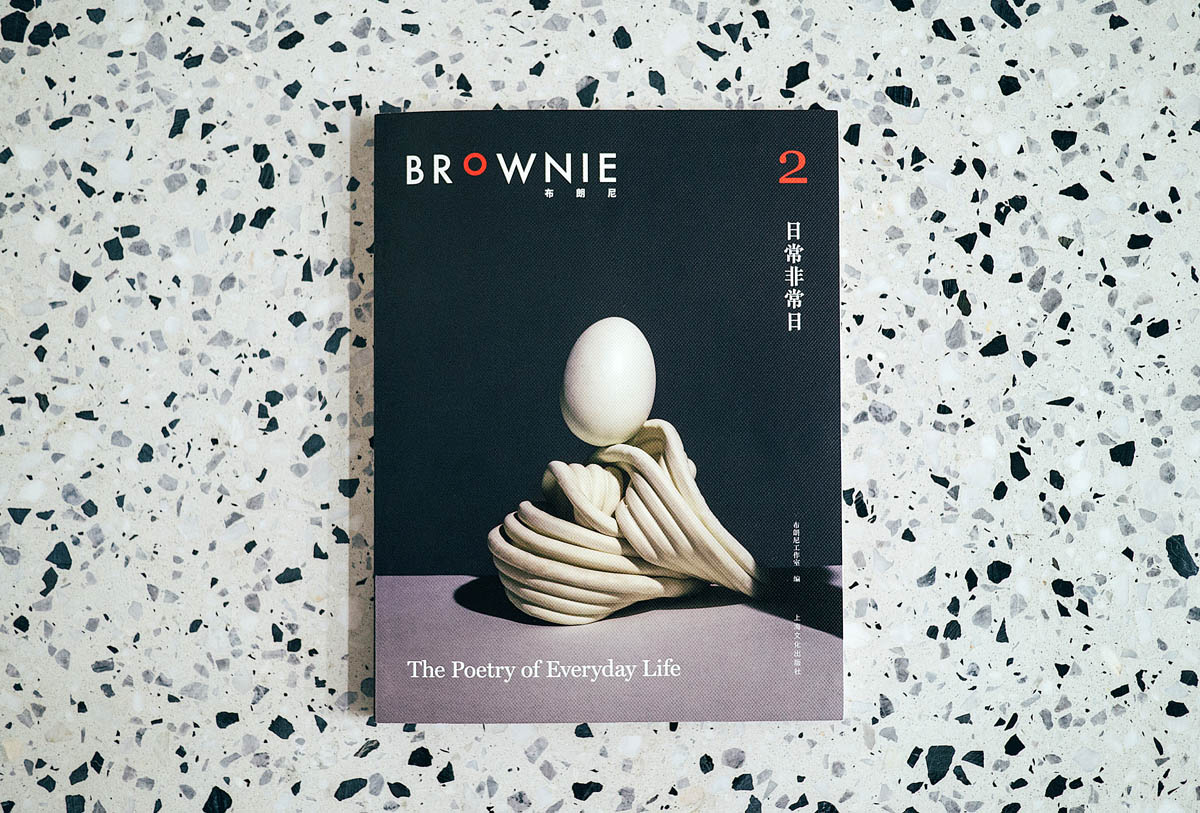
These two unexpected projects demonstrated the infinite possibilities of collaborative work. A solo pianist might perform in a certain way, but if he plays with another guitarist, the entire song could sound very different. Before publishing ‘Grooow’ or ‘Brownie’, I would never expect to produce this sort of work, but because I worked with other people, the final product was surprising even for myself.
And so because of this, over a year ago I decided to set up a publishing label called ‘volume press’, which would become the publishing studio behind ‘LOST’, but also a platform where I could collaborate with other people to work on other publications. The name ‘volume’ actually means the ‘voice of print’, which actually refers to the content inside each publication, in hopes that we can amplify the author’s content or voice through the publishing process. This actually goes back to the original spirit of LOST, where the initial aim was to spread and amplify the stories of different people through the medium of print. The volume press website is finally up today, and you can check it out here: volume-press.com
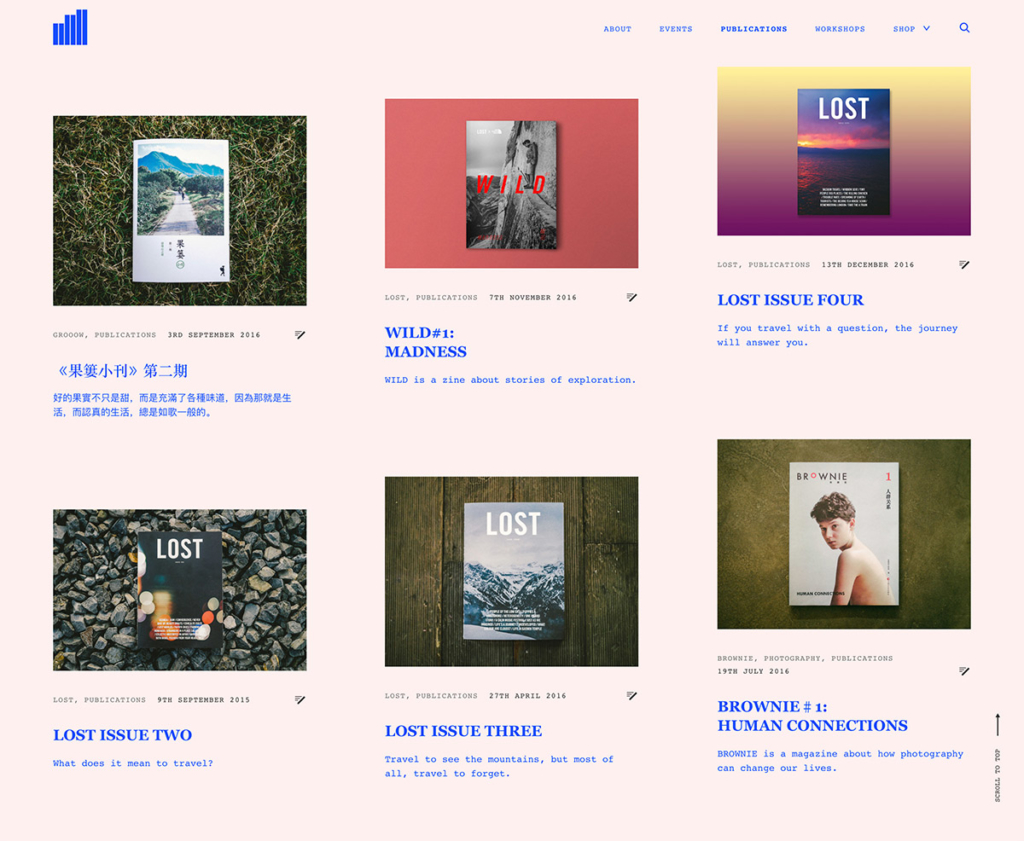
Going back to the title of the article, a publishing label means a lot more work, which also means a lot more help is needed, and it’s because of this that we’ve recently moved to a new studio space. Yes, we’re looking for more companions to join our cause, so if you’re interested in publishing, love books and magazines, love creating content, love jazz and love hard work, you could drop us an email about yourself at volume@volume-press.com!
